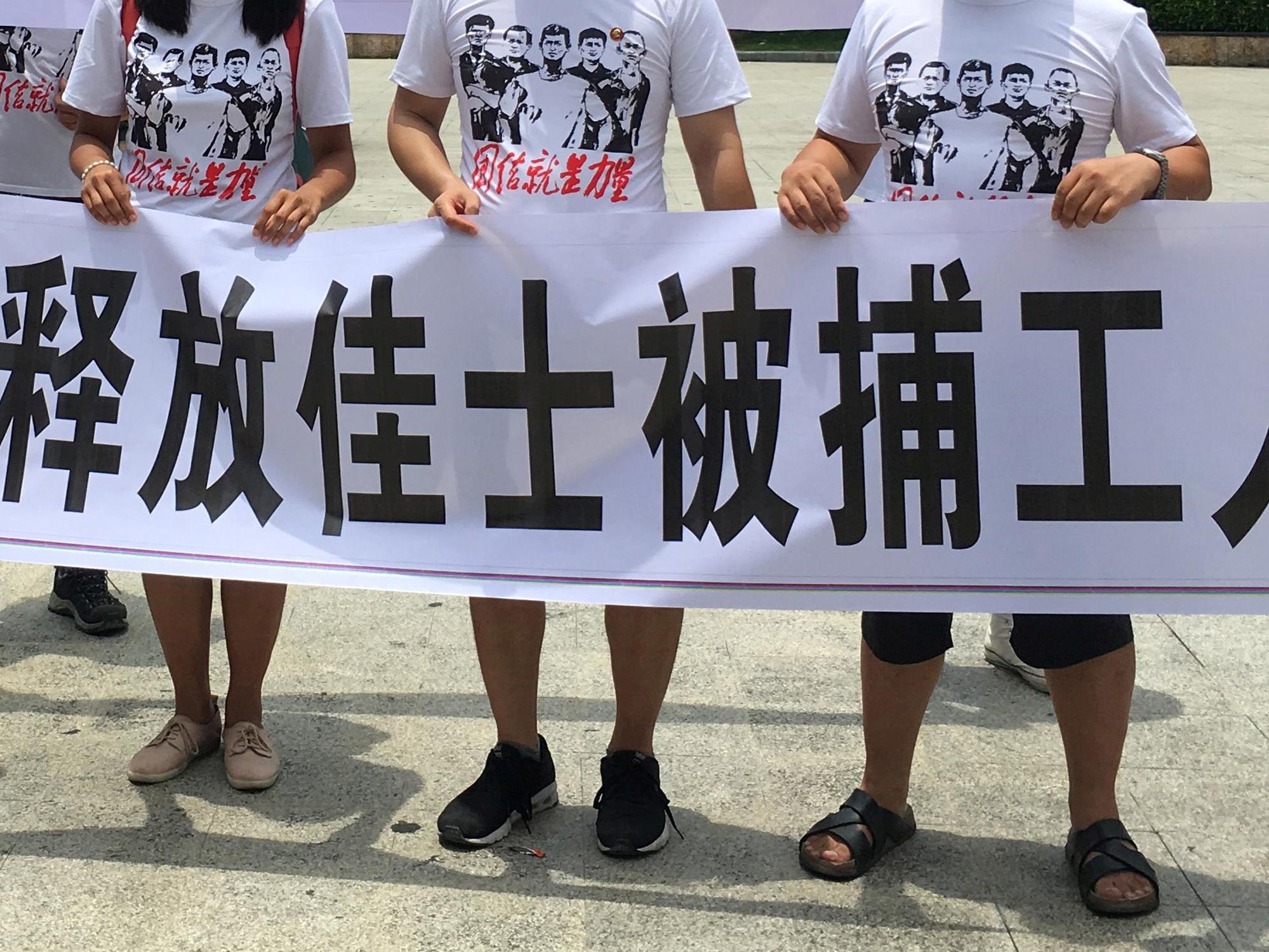The mysterious case of disappearing Chinese Marxists shows what happens when state ideology goes badly wrong
These days, the most dangerous thing to do today in China is to believe in the official doctrine itself


Today’s Cambodia is the emblem of the antagonisms of the “developing” part of our world. A short time ago, they condemned the last surviving Khmer Rouge leaders for their crimes – but where is Cambodia now, when (officially, at least) it settled accounts with the Khmer Rouge horrors? Full of sweatshops, child prostitution all around and foreigners owning most of restaurants and hotels – one form of misery is often replaced by another marginally better version. But is China not caught in a similar, although less extreme, predicament?
In dealing with critical voices, Chinese authorities increasingly seem to resort to a particular procedure: a person (an ecological activist, a Marxist student, the chief of Interpol, a religious preacher, a Hong Kong publisher, even a popular movie actress) suddenly disappears for a couple of weeks before reappearing in public with specific accusations raised against them. This protracted period of silence delivers a key message to citizens: China can exert impenetrable power on anyone without any requirement of any proof. Only when this is accepted does legal reasoning follow.

But the case of disappearing Marxist students is nonetheless specific. While all disappearances concern individuals whose activities can be somehow characterised as a threat to the state, the disappearing Marxist students legitimise their critical activity by a reference to the official ideology itself.
In the past few years, Chinese leadership decided to reassert ideological orthodoxy. There is less tolerance for religion, and texts of Marx, Lenin and Mao are massively reprinted. However, the message that comes with that is almost always, “don’t take it seriously”.
The disappeared students were doing exactly what was imposed on them: action upon official ideology, solidarity with over-exploited workers, ecology and women’s rights, the list goes on. Two of the best-known examples (at least in our media reports) are those of Zhang Shengye and Yue Xin. While strolling in the campus, Zhang, a graduate student at Peking University (also known as “Beida” university) in Beijing, was all of a sudden surrounded by a group of men in black jackets from a black car who, after beating him heavily, pushed him into a car and drove him away. Other students who filmed the event on their mobile phones were also beaten and compelled to erase the recordings. From that moment, nobody heard anything about Zhang.
Yue Xin, a 22-year-old student at the same university, who led the campaign to clarify the suicide of a student raped by a high party functionary, also disappeared. And when her mother tried to unearth what happened to her daughter, she too went missing. Yue was a member of a Marxist circle which combined struggle for workers’ rights with ecological concerns and a Chinese version of #MeToo. She joined dozens of other students from different universities who went to Shenzhen to support workers in a local robot factory in their demand for an independent trade union. Soon after, in a brutal police crackdown, 50 students and workers disappeared.

What triggered such a panicked reaction in the party leadership was, of course, the spectre of a network of self-organisation emerging through direct horizontal links between groups of students and workers, and based in Marxism, with sympathy in some old party cadres and even parts of the army.
Such a network directly undermines the legitimacy of the party rule and denounces it as an imposture. No wonder, then, that in recent years China closed down many Maoist websites and prohibited many Marxist debate groups at universities. These days, the most dangerous thing to do today in China is to believe in and take seriously the official ideology itself.
However, we should avoid the trap of throwing all sympathy behind Marxist students, hoping they will somehow win, or at least compel the party to change its line into taking workers’ concerns more seriously. We (and they) should rather raise a more basic and disturbing question: why is it that states in which Marxism was elevated into the official ideology were precisely the states where any independent workers’ movement was most brutally crushed and exploitation of workers given a free rein?
It is no longer enough to just to express regret that the Chinese party is not effectively faithful to its Marxist ideology. Rather, we must query whether something is wrong with the ideology itself, at least in its traditional form.
Join our commenting forum
Join thought-provoking conversations, follow other Independent readers and see their replies
Comments
Bookmark popover
Removed from bookmarks